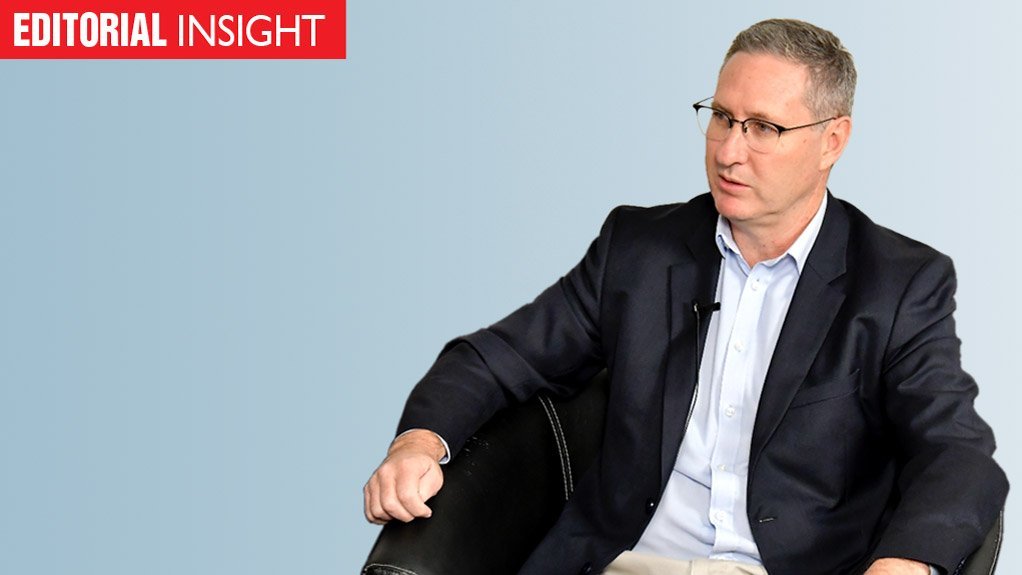South Africa is hardly ever short of a plan, yet the country hardly ever has a vision. That’s why Andre de Ruyter’s recent Van der Bijl Memorial Lecture was so refreshing.
In his address, the Eskom CEO lifted his gaze beyond the group’s operational and environmental headaches, its near R400-billion debt burden and even the difficult transition under way in the electricity supply industry, to scan a new horizon that is currently obscured by the clouds of load-shedding, policy uncertainty, political factionalism and even vaccine hesitancy.
In so doing, De Ruyter offered a glimpse into a once-in-a- generation opportunity to reset not only South Africa’s energy sector for greater sustainability and resilience, but also the country’s minerals, agriculture and industrial complex.
In a nutshell, this new vision is about leveraging what is now an irreversible green-energy transition in a way that reverses the “vicious cycle of deindustrialisation and unemployment” and triggers a “virtuous cycle of local demand for local goods to create investment and jobs”.
Such a proposition sounds counterintuitive coming from the leader of a coal-heavy utility. However, what De Ruyter recognises is that South Africa has an energy advantage above ground that more than matches the energy potential below it: the country’s world-class “solar and wind acreage”.
His vision is about using this natural advantage in a way that attracts the green financing needed not only to support electricity sector decarbonisation, but to stimulate reindustrialisation.
Crucially, it hinges on an integration of South Africa’s fiscal, industrial, environmental and energy policies, while using its remaining international-relations muscle to position South Africa as the preeminent destination of choice for green finance and low- or no-carbon investment.
One important instrument for achieving such an outcome is the fact that Eskom will be retiring 22 GW of coal-fired generation capacity over the next 15 years, which presents an opportunity to “pivot away from Eskom’s carbon-intensive history and lay the groundwork for a cleaner and greener electricity supply industry”.
For the cash-strapped utility, a strategy that crowds in concessional finance in return for an accelerated repurposing and repowering of old and unreliable coal stations, beginning with Komati in 2022, is almost a no-brainer. By securing R180-billion, Eskom could rapidly upscale its clean-energy portfolio by constructing 7.4 GW of renewables and 244 MWh of battery storage.
For South Africa, meanwhile, there is genuine potential to use its broader renewables roll-out to “drive local manufacturing capability by creating demand for renewable-energy components”.
The opportunity does not stop there, however, given that South Africa’s automotive sector will face an existential crisis should it fail to transition to the production of electric vehicles, as will Sasol if it fails to carve out a green-hydrogen niche.
Below ground, too, South Africa has many of the critical minerals needed for the energy transition, while the water released from coal-fired electricity production could spur job-rich agricultural production.
Without immediate and concerted action, though, this vision will remain little more than a dream.
EMAIL THIS ARTICLE SAVE THIS ARTICLE ARTICLE ENQUIRY
To subscribe email subscriptions@creamermedia.co.za or click here
To advertise email advertising@creamermedia.co.za or click here











